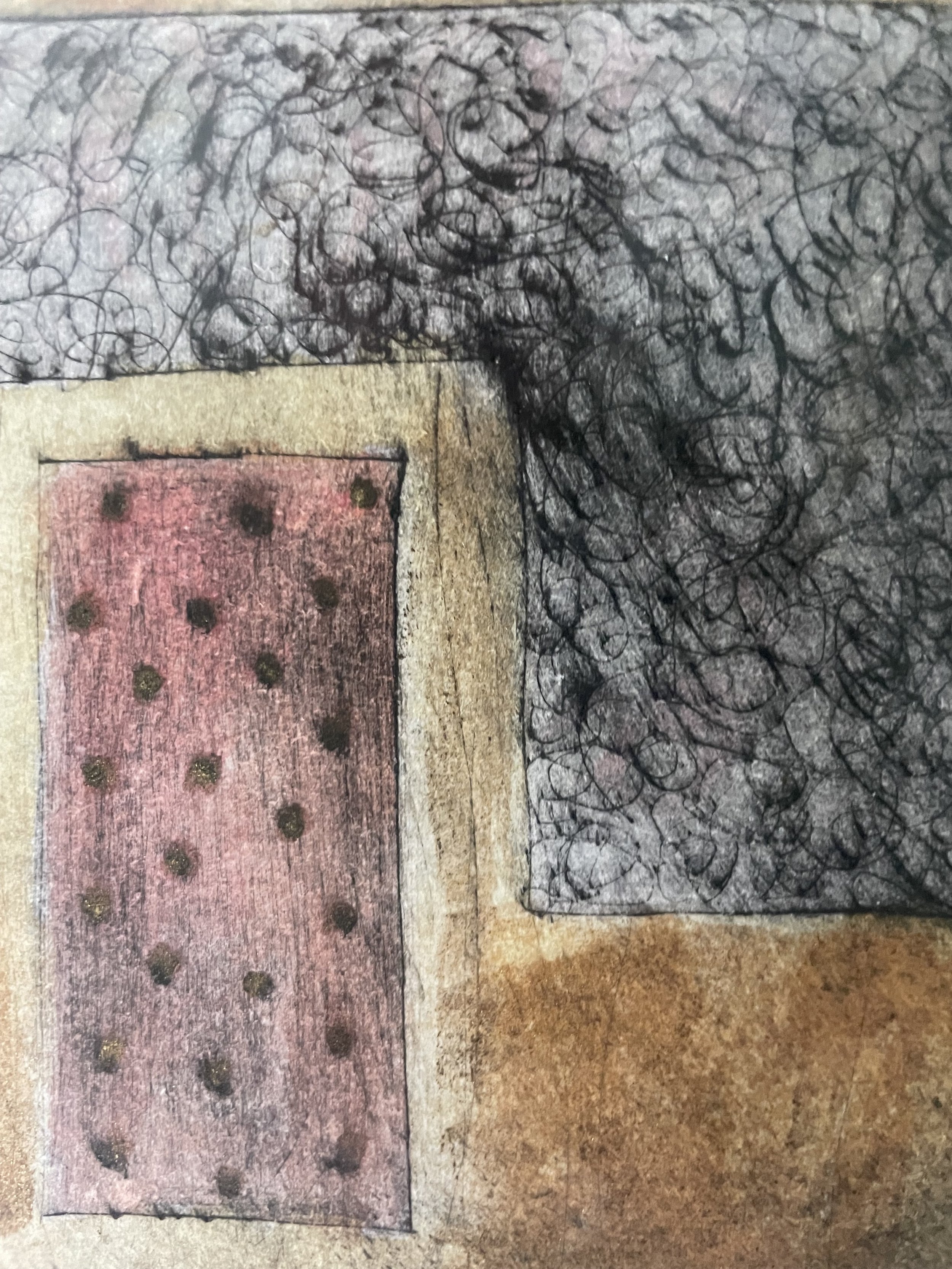
THE BOISTEROUS SOBBINGS OF MARGERY KEMPE
This poem was commended in the top 10 of the National Poetry Competition 2022, out of 17,800 entries
The Boisterous Sobbings of Margery Kempe
And if she cries it’s because her blood is thin,
the marrow sucked from her bones by fourteen children.
If she doesn’t sleep, it’s because God circles
her quarried pelvis like a buzzard, folds her over
like a prayer, pours her to the ground as if she’s made
of water. If she falls out of herself, into herself,
repeats herself like a canticle, Christus amor meus est,
it’s because the light of the world sits on her bed,
lets her know who she was before she splintered
into pieces. If mud spatters her skirt, if her head
is blue from banging on the ground, it’s because
she knows the weight of love, the weight of a man hanging,
his body pulling down the sky, the world’s suffering
pressing on his scalp like an inverted pyramid. If she rolls
in church aisles for priests to stumble over, it’s because
their tongues are yellow with butter and do not speak
silence. If she grieves before bishops at Ely Cathedral,
it’s because she’s heard a girl in France has been set alight
for hearing sacred voices. If she accrues wealth in her mill
and brewery, it’s to buy chastity from her husband,
servants for her children, travel to Spain, Jerusalem,
Rome. If she cries over a splinter of wood from Calvary,
it’s because this is a tree that has touched a man
with holes in his hands. And if she sobs before
Julian of Norwich, it’s because she feels herself believed
at last by a woman who knows God is not a noun
but a verb: the very act of causing, doing, birthing,
dying, loving, weeping, smiling, falling, rising. Everything.
Margery Kempe 1373-1438 wrote the first autobiography in English and was infamous for her endless weeping. Julian of Norwich defended her visions of Christ as authentic.